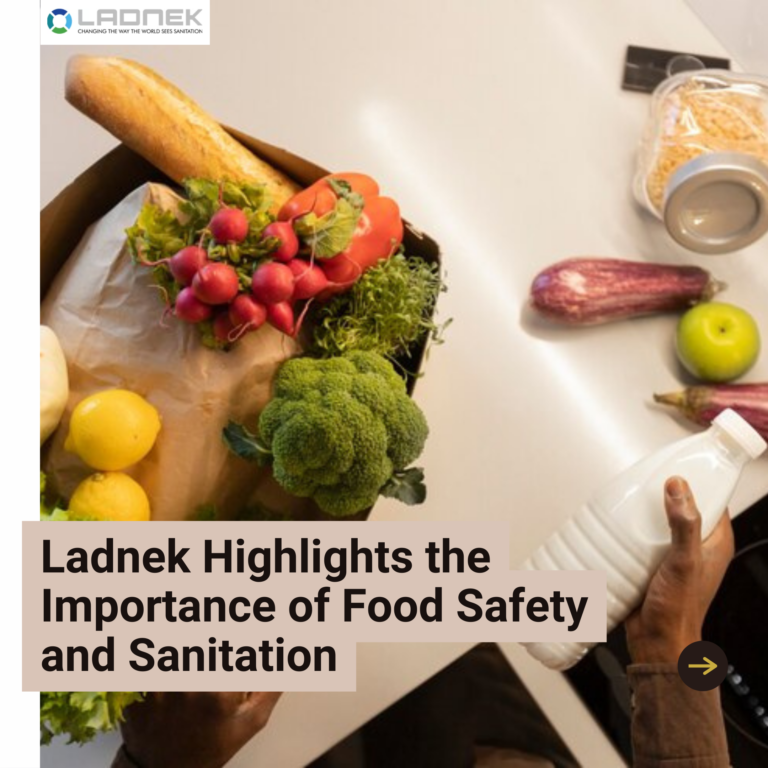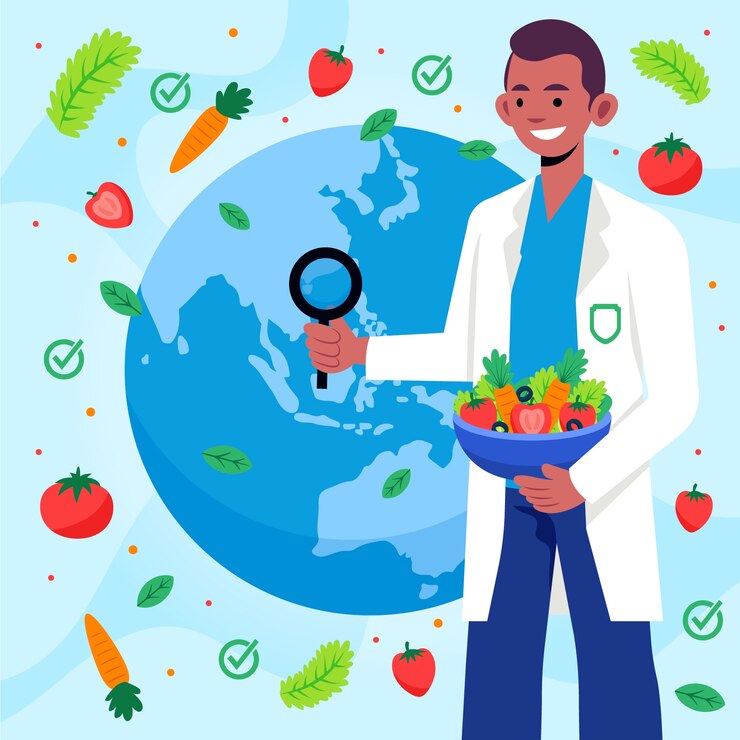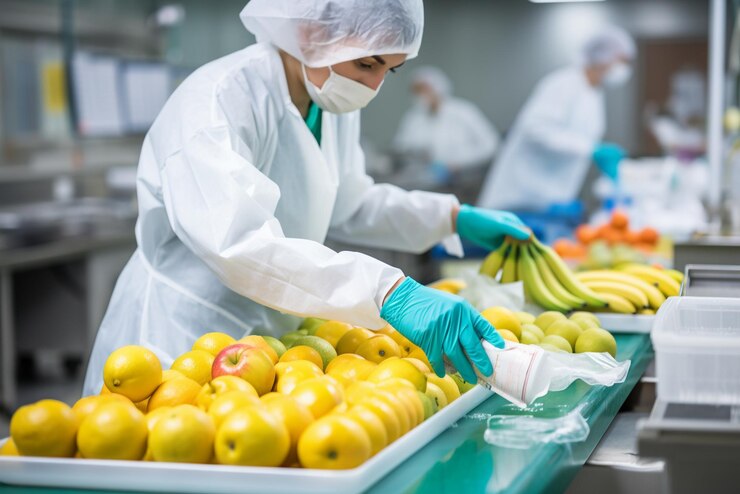Food is your source of nourishment. A good meal gives you the energy and nutrients needed for the day. When food is prepared well, every bite is enjoyable. But if food is handled, prepared, or cooked incorrectly, it can be dangerous. Food-related illnesses can cause a lot of harm, but they are preventable. Because it’s hard to know if food is unsafe just by tasting it, the food preparation and service team must keep consumers safe. To learn more about food hygiene and sanitation, let’s dive deep into this.
Why Food Safety is Important
Food safety is very important. It keeps people safe from getting sick and ensures everyone enjoys their meal. Proper food safety practices and training help prevent these problems.
The food service team’s job is to make tasty meals, offer choices for people with special diets, and keep food from contamination. Stopping foodborne illnesses means fewer people go to the hospital and better reviews for the dining experience.
These germs can cause nausea, headaches, fever, or worse. Although people usually feel better quickly, one bad meal can sometimes cause long-term health problems.
A well-trained team reduces the risk of these illnesses by following strict food cleanliness rules. Trust your team to safely handle and prepare food to avoid guessing about food safety. At Ladnek, we always work to improve our practices to keep food clean and prevent illness.
Important Steps to Keep Food Safe:
To stop food poisoning, follow these simple steps. When food is prepared in the kitchen, it is important to follow these rules. Even though they seem obvious, doing each step ensures that every meal is safe and good for everyone. The World Health Organization (WHO) has listed five main steps to keep food safe. Here is how these steps are used in kitchens:
- Always wash hands and surfaces before touching food. This stops dirt and germs from getting into food.
- Do not let raw food, like meat, touch cooked food. Keep them apart with different cutting boards and utensils. This prevents germs from spreading from raw to cooked food.
- Cook food all the way through. Check that meat, poultry, and seafood are hot inside. This kills harmful bacteria.
- Use a thermometer to check temperatures. Make sure to leave food out for a short time.
Only use clean water and fresh ingredients. Check expiration dates and wash fruits and vegetables well. This helps avoid contamination.
Crucial Steps That Safe From Foodborne illness:
Keeping Everything Clean:
Human hands can have germs, just like our food ingredients. Everyone washes their hands before and while making food to stop bacteria from spreading. It is also important to ensure that surfaces, tools, and measuring cups are clean before use.
Keep Raw Food Separate:
Using the same knife or cutting board for raw meat and other foods can spread dangerous germs. To keep food safe, use different knives and cutting boards for raw meat. Also, raw food should be stored and prepared separately from cooked food. This will help keep your meals safe to eat.
Cook Food Well:
Cooking food the right way kills bad bacteria. Our team ensures that meat is cooked thoroughly by checking its color and temperature.
Keep Food at Safe Temperatures:
Food storage is very important. Food service workers must know how to thaw, refrigerate, and serve food at the right temperatures. Harmful germs are less likely to survive when food is stored at the correct temperatures.
Use Clean Water and Fresh Ingredients:
Every step and ingredient in a recipe must be safe and fresh. Water used in cooking and preparation should be clean and free from germs. We always use fresh ingredients and follow expiration dates to ensure the best results.
Keeping the Kitchen Clean:
Kitchen cleanliness is all about movement. When kitchen staff wear gloves all day or use the same wet towel on many surfaces, they help harmful bacteria move around. This spread of germs is called cross-contamination and can cause foodborne illnesses.
Stopping these germs is key to food safety in the kitchen. It may not seem easy, but there are standard procedures for keeping germs out of food. This is done through careful food preparation and good personal hygiene practices.
Cleaning Up:
Proper cleaning up before and after working in the kitchen is crucial, especially for cleaning companies in Trinidad. Many dishes involve surfaces and tools such as cutting boards, knives, measuring cups, and towels. Keeping these tools and areas clean can significantly reduce the spread of bacteria from one ingredient to another.
Personal Hygiene:
Good personal hygiene is also very important in a professional kitchen. Here are some steps to follow:
- Use new gloves for each task.
- Wash hands and arms thoroughly.
- Cover any wounds properly.
Final Words:
Handling and preparing food correctly is crucial to avoiding illnesses caused by food. Ladnek follows strict cleaning rules, such as using different tools for raw and cooked foods and keeping surfaces clean with proper cleaning and hygiene supplies. This ensures that every dish is made with high hygiene standards. Our commitment to these practices ensures our customers have a safe dining experience.
Contact us today!













